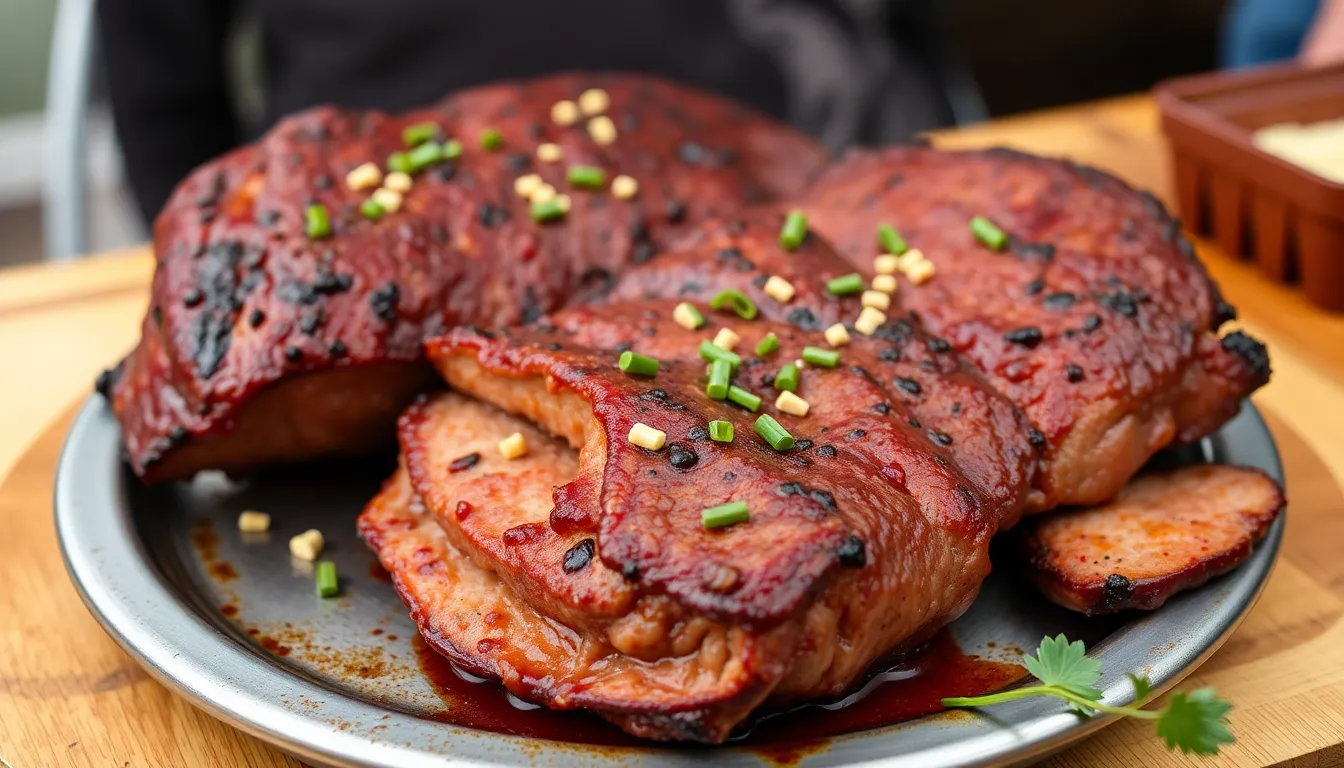Herbs for Flavorful Sauces: Elevate Your Cooking Game
Cooking is an art, and like any artist, a chef needs the right tools to create a masterpiece. One of the most essential tools in any cook’s kitchen is herbs. These green gems not only add color but also enhance the flavor profile of dishes, particularly sauces. In this article, we will explore how to harness the power of herbs to elevate your sauces, turning simple recipes into extraordinary experiences.
Understanding the Role of Herbs in Sauces
Herbs are a vital component of flavor development in cooking. They come from the leaves of plants and are used for their aromatic properties. When it comes to sauces, herbs can provide a burst of freshness, complexity, and depth, transforming a mundane sauce into an exciting one.
Fresh herbs have a bright, vibrant flavor, while dried herbs tend to have a more concentrated, sometimes slightly different flavor due to the drying process. Understanding the differences between fresh and dried herbs can greatly affect the outcome of your sauce. Here’s a quick breakdown:
- Fresh Herbs: Best added at the end of cooking to preserve their flavor and aroma.
- Dried Herbs: Can be added earlier in the cooking process, as their flavor needs time to develop and infuse into the sauce.
Popular Herbs for Sauces
Basil
Basil is a fragrant herb with a slightly sweet flavor, making it a staple in many cuisines, especially Italian. It pairs wonderfully with tomatoes, garlic, and creamy elements.
- Best Sauces to Pair with Basil:
- Pesto
- Marinara Sauce
- Caprese Dressing
Oregano
Oregano has a robust, slightly bitter flavor, often associated with Mediterranean dishes. It brings warmth and earthiness to sauces.
- Best Sauces to Pair with Oregano:
- Italian Tomato Sauce
- Greek Tzatziki
- Margherita Pizza Sauce
Thyme
Thyme offers a subtle earthiness that fits well in a variety of sauces, especially those with a creamy base or rich juices.
- Best Sauces to Pair with Thyme:
- Cream Sauces
- Gravies
- Bechamel Sauce
Cilantro
Cilantro has a fresh, citrusy flavor that can brighten up sauces and is widely used in Latin American and Asian cuisines.
- Best Sauces to Pair with Cilantro:
- Salsa
- Chimichurri
- Cilantro Lime Vinaigrette
Parsley
Parsley has a mild, slightly peppery flavor and is often used as a garnish, but it can also add freshness to sauces.
- Best Sauces to Pair with Parsley:
- Gremolata
- Herb Vinaigrettes
- Tabbouleh
How to Choose the Right Herb for Your Sauce
Choosing the right herb for your sauce can seem daunting, but with a few tips, it becomes manageable. Here’s what to consider:
- Type of Sauce: Match the herb to the sauce type. For example, basil works well in tomato-based sauces, while thyme suits creamy sauces.
- Seasonal Considerations: Fresh herbs are often best when in season, as they offer the most flavor. If a herb is out of season, consider using dried alternatives.
- Pairing with Other Ingredients: Think about the other flavors in your sauce. Herbs should complement and enhance these flavors, not overpower them.
Techniques for Incorporating Herbs into Sauces
Fresh Herbs vs. Dried Herbs
Knowing when to use fresh versus dried herbs is crucial for getting the most flavor from them. Fresh herbs are ideal for finishing sauces, while dried herbs excel when cooked.
Timing for Adding Herbs
When you add herbs to your sauce can affect the flavor. For instance, adding dried herbs early allows their flavors to meld with the sauce, while fresh herbs should be added towards the end of the cooking process.
Infusing Oils and Vinegars with Herbs
Infusing oils and vinegars with herbs can elevate your sauces even further. Here are a couple of simple methods:
- Herb-Infused Oil: Heat olive oil gently with fresh herbs for about 20 minutes. Strain before using.
- Herb-Infused Vinegar: Combine vinegar with fresh herbs in a jar and let it steep for two weeks, shaking occasionally.
Recipes Featuring Herbs in Sauces
| Recipe Name | Main Herb Used | Sauce Type | Quick Description |
|---|---|---|---|
| Pesto | Basil | Italian Sauce | A fresh sauce made with basil, garlic, and nuts. |
| Chimichurri | Cilantro | Argentinian Sauce | A zesty sauce made with cilantro, garlic, and vinegar. |
| Marinara Sauce | Oregano | Italian Sauce | A classic tomato sauce simmered with garlic and oregano. |
| Gremolata | Parsley | Italian Sauce | A fresh mix of parsley, garlic, and lemon zest, perfect for finishing dishes. |
| Herb Cream Sauce | Thyme | French Sauce | A rich cream sauce enriched with thyme and garlic. |
In conclusion, herbs play a pivotal role in enhancing sauces, ensuring they are packed with flavor and character. By selecting the right herbs, understanding their properties, and employing thoughtful techniques, you can create sauces that elevate your dishes and delight your palate. Experiment with the herbs discussed in this article, and let your culinary creativity shine!




